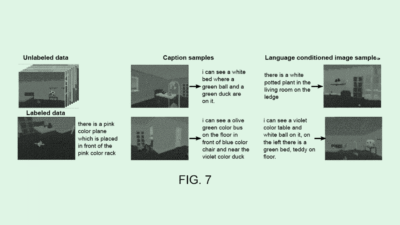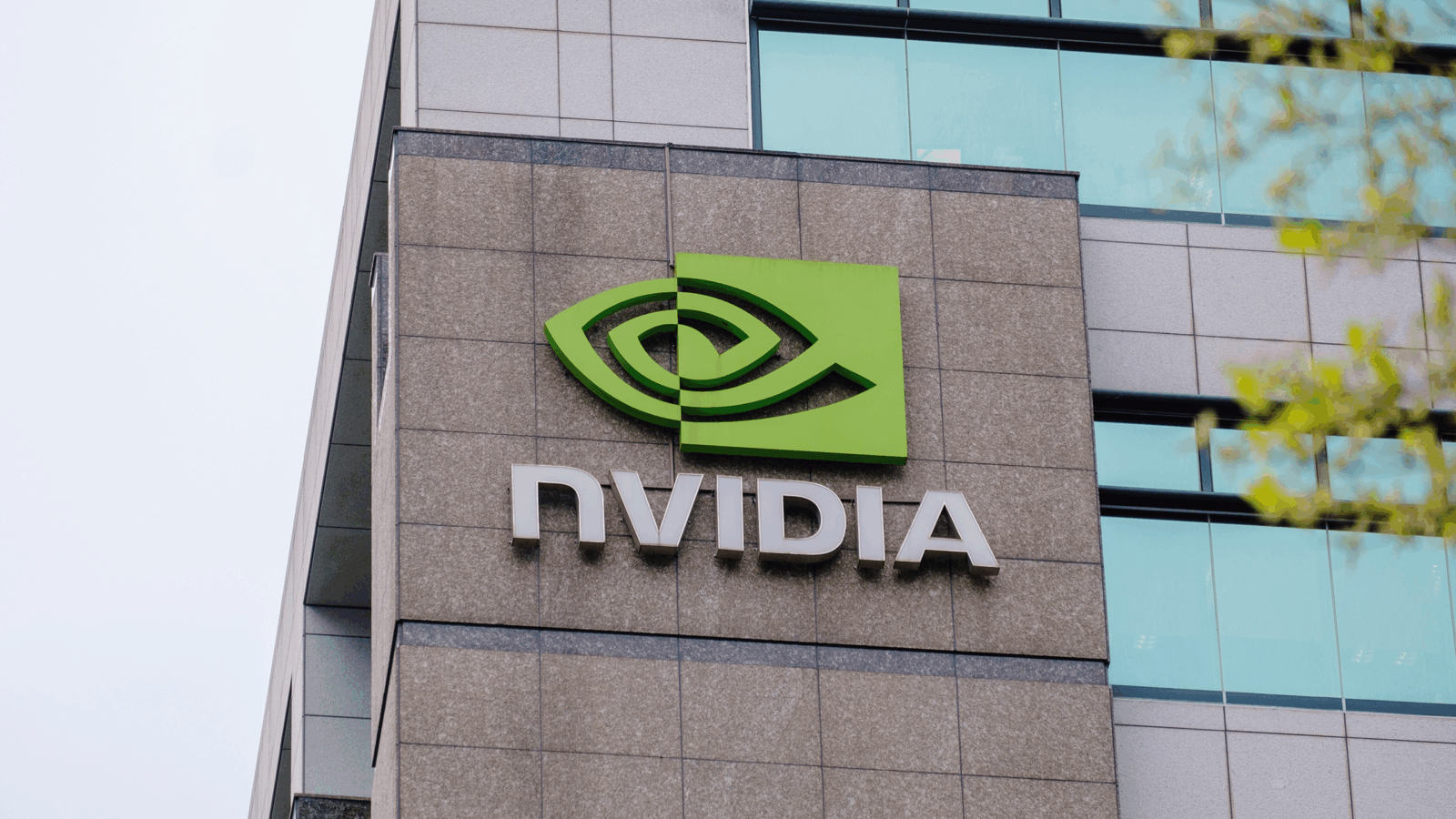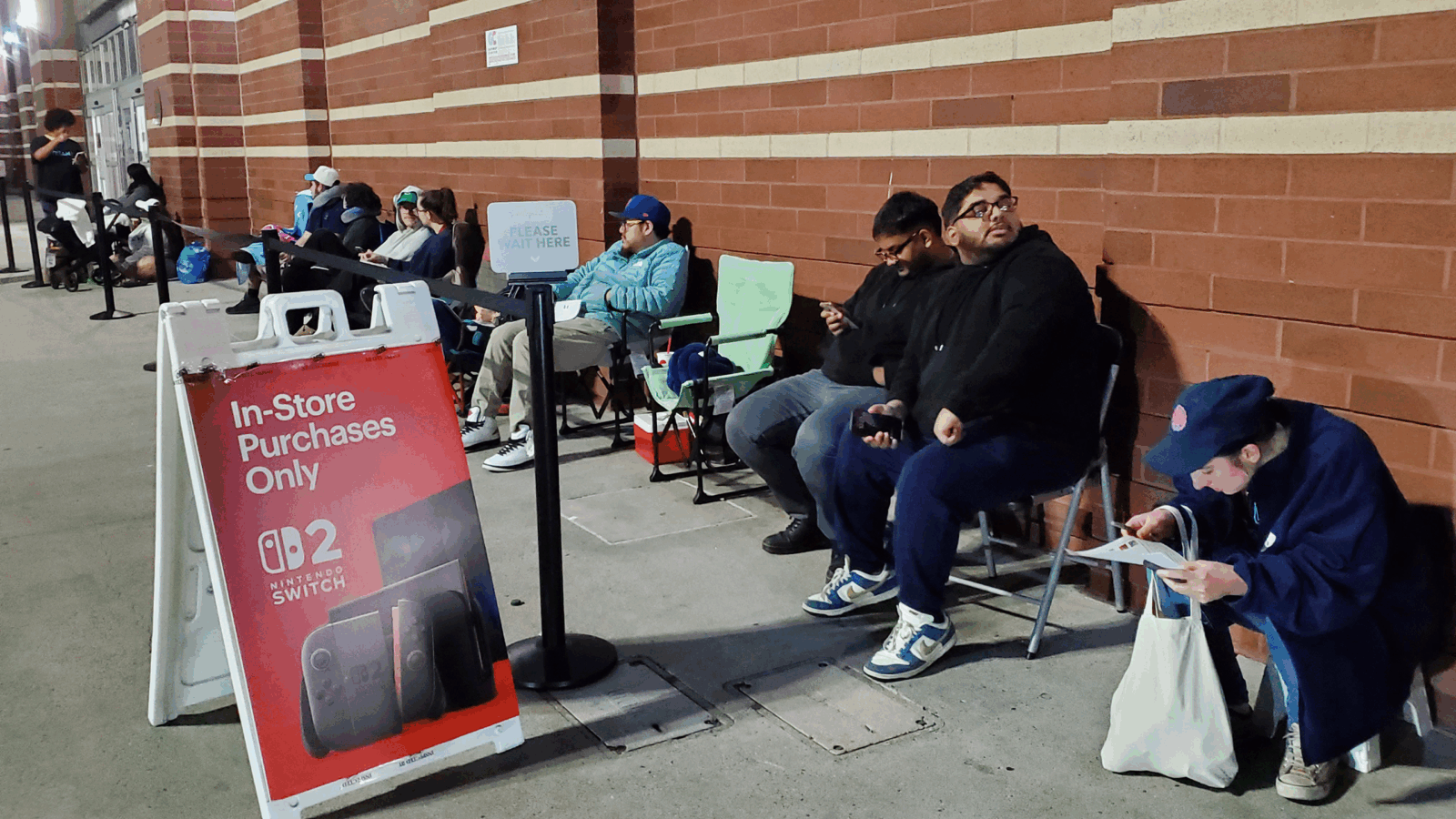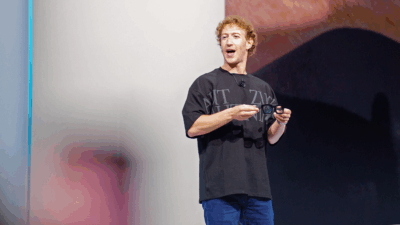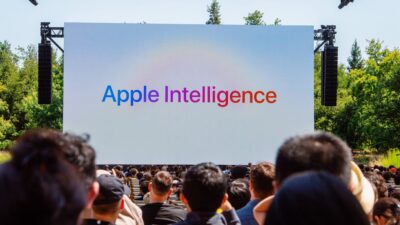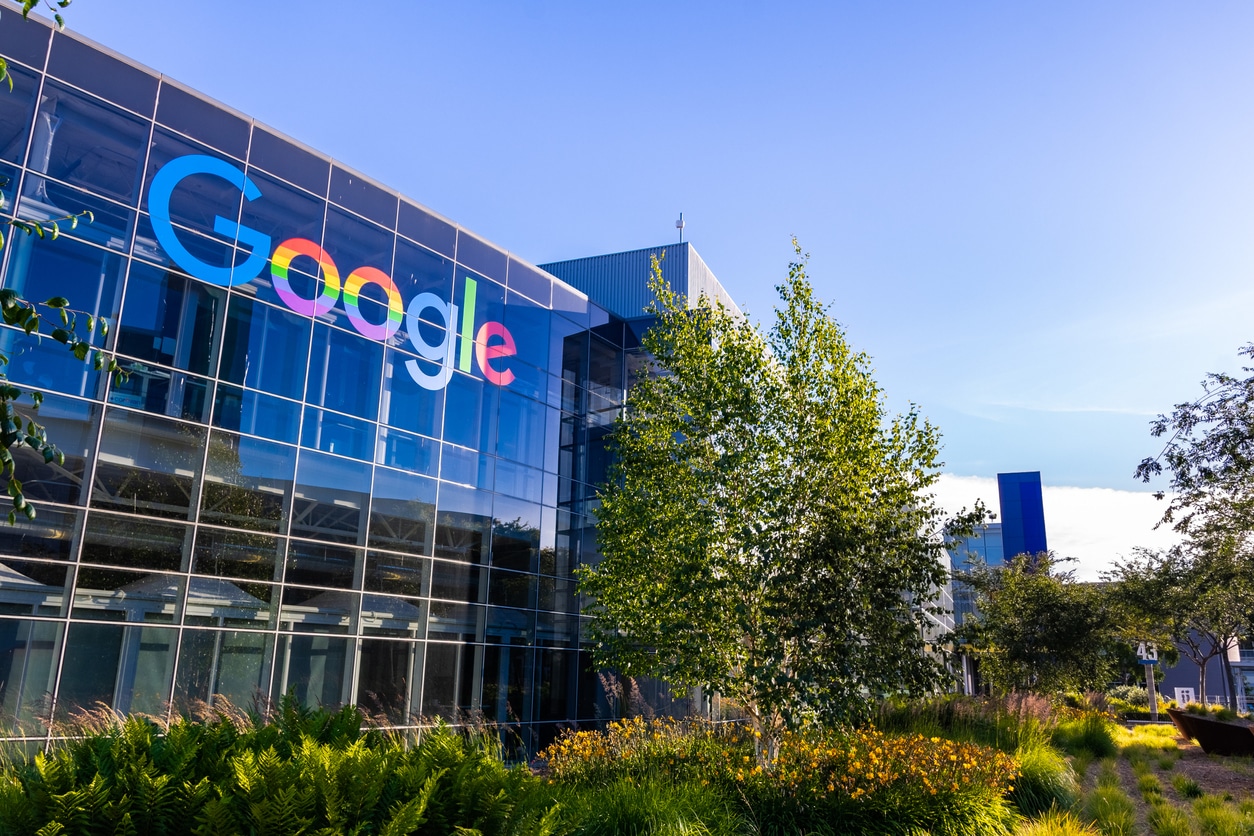
Sign up for smart news, insights, and analysis on the biggest financial stories of the day.
Facebook’s advertising machine was one of the most efficient money-making operations in the history of the world. Until last year, that is, when Apple threw a $10 billion wrench in it. Now, Google is following in the Cupertino company’s footsteps.
The tech giant announced Wednesday that it will limit the amount of personal information shared to digital advertisers from the 2.5 billion Android devices used around the world.
Egg on Your Facebook
Last year, Apple allowed users on its iOS mobile operating system to opt out of certain types of ad tracking on their iPhones, effectively blocking advertisers from accessing much of the precious user data they depend on. The global $400 billion digital advertising industry was upended, and Facebook’s parent Meta blamed Apple after reporting a historically bad quarter earlier this month, which sent its stock price into a freefall with no ad trackers to recommend a parachute.
Google’s changes won’t be implemented for at least two years, but will phase out advertising IDs, a code that marketers use to track individual user behavior. Facebook said it plans to create alternatives that will protect user data while supporting advertisers, though the details are scant. But if Apple’s changes were a harbinger, Meta could be staring at another big problem:
- Meta expects Apple’s ad tracking changes to cost it $10 billion in ad revenue this year — but Apple’s iOS runs on 27% of the world’s mobile devices, while Google’s Android runs on 72%, meaning even less stringent changes could still impact a bigger share of the ad market.
- Over 90% of apps on Google’s Play store are free, and most of those rely on advertising to keep the lights on.
Apples to Oranges: “We realize that other platforms have taken a different approach to ads privacy, bluntly restricting existing technologies used by developers and advertisers,” said Anthony Chavez, Google’s VP of product management, in a subtle dig at Apple meant to ease advertiser concerns. “We believe that – without first providing a privacy-preserving alternative path – such approaches can be ineffective and lead to worse outcomes for user privacy and developer businesses.”

